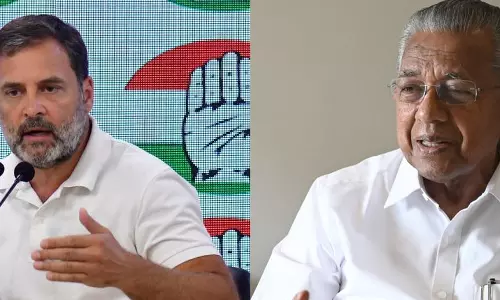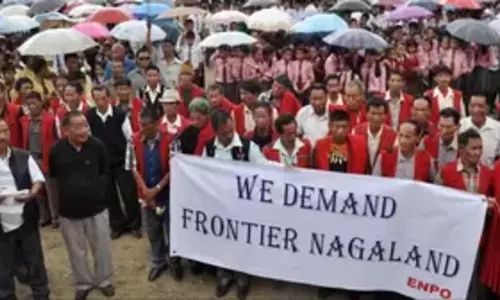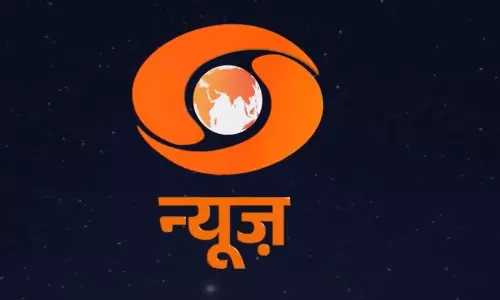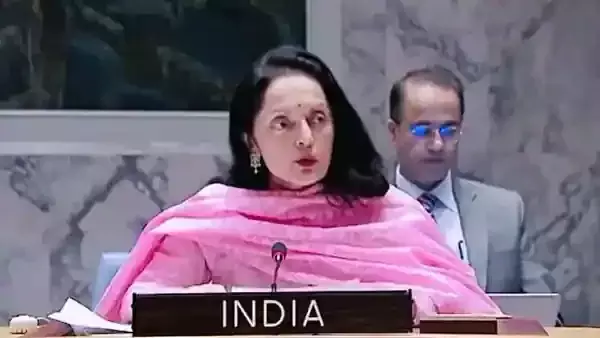
The obvious double standards in counter-terrorism
text_fieldsIndia remarkably said at the UN Security Council that the threat of terrorism is so grievous and universal that terrorism in one region can seriously affect the peace and security of other regions as well.
Ruchira Kamboj, India's permanent representative to the 15 member UN Security Council which India presides, said so in the introductory statement to be read by all the participants in the conference on December 15 on the topic of 'Anti-Terrorist Approach, Principles and Way Forward'. The threat of terrorism, the note further said, cannot be linked to any religion or ethnic group and all acts of terrorism are crimes. Calling for condemning terrorism in all forms, the note said that no matter who, where or when an act of terrorism is committed, it cannot be justified. The preamble avers that terrorism can only be defeated through the collective efforts.
Nevertheless terrorism and terrorist activities have been recorded throughout in history, the attacks on the US World Trade Center on September 11, 2001 were the most globally condemned act in modern history. The world generally believes that, based on the evidence obtained by the American Intelligence Service, the masterminds and accomplices of that terrorist attack are Al-Qaeda of Saudi origin Osama bin Laden. Following which, America led the efforts worldwide to root out the phenomenon called Islamic terrorism. Subsequently, there took place incidents including the ousting of the Taliban regime in Afghanistan, where Usama bin Laden sought refuge, the deployment of NATO forces in that country, and the capture of bin Laden years later and his burial in the sea after dismembering the body. Afterwards, the US and other governments outlawed all organizations and groups they perceived as supporting terrorism and terrorists. Their suspected sources of funding have been drained out. There emerged a situation where only the societies being approved by them are allowed to receive financial assistance. Dictatorial and totalitarian regimes got the opportunity to pass legislation to effectively silence dissenting voices. The common people only want to get rid of the scourge of extremism and terror for a relief. Taking advantage of this emotion, a situation has emerged where even the courts do not take seriously of the breach of human rights carried out by the state terrorism.
It is in this context India presented to the world community its well-thought-out view that no kind of extremism and terrorism can be justified in the name of any religion, culture or nationality. It should readily be welcomed. At the same time, one cannot dismiss the fact that the moral right of our country and government to put forward such an idea will be questioned. Thanks to the expressive dissonance between our words and actions. Past experiences are one too many, however only a few are pointed out here by way of examples. The Modi government has not yet acknowledged as a terrorist act the massacre of between 1,000 and 2,000 people, including women and children being burnt to death, when Narendra Modi was the Chief Minister of Gujarat in February 2002. Going even further, the Home Minister himself claimed in his election campaign speech that peace in Gujarat had stemmed from the incident. Abhinav Bharat, which was found to be the mastermind behind the 2002 Makkah Masjid and Samjhota Express attacks and the 2008 Malegaon terrorist attack, has not been punished but made to contest and win on a party ticket to the parliament. Those worked under Bharatiya Gorakshak Dal, who massacred tens of Muslim beef traders, are still walking free. No one was charged with UAPA; there is no NIA investigation.
Then there is only one question: has our government made terrorism something to be labelled on Muslim minority only? Does it mean that even the Hindutva activists killing innocent people in an organized manner is not terrorism? Then what is the point of boasting that terrorism has no religion and culture? Organizers of anti-terror seminars would do well to remember that the world does see this or but not accept any of this.
























